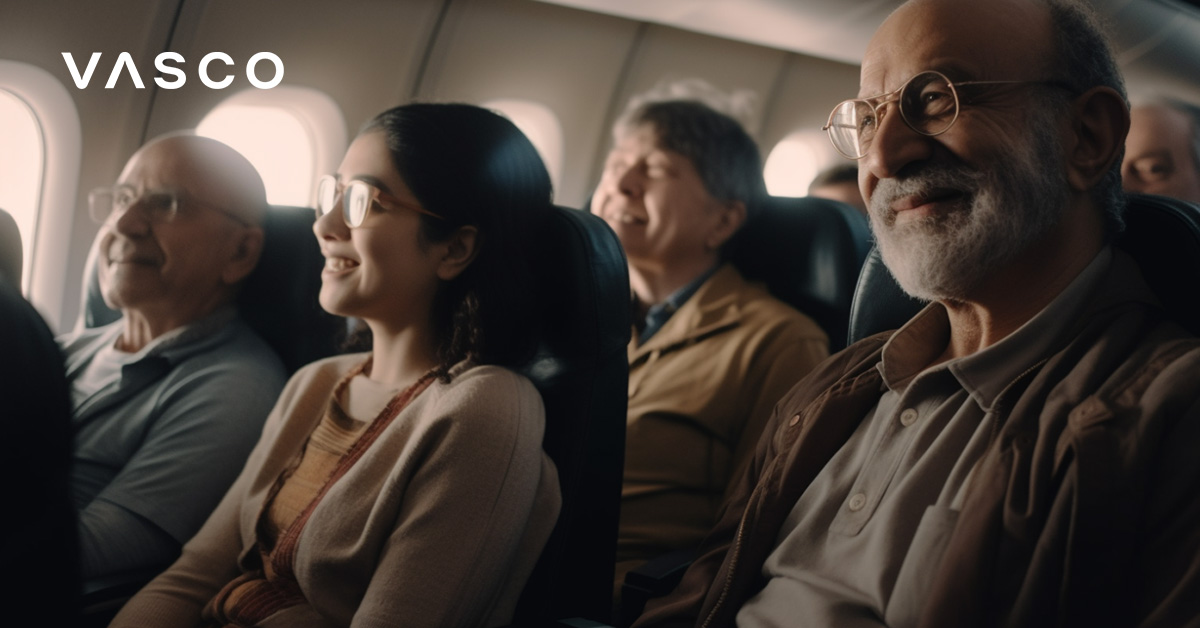The development of technology along with accessible and affordable transportation methods make people travel even more than ever before. You can simply get on a plane in the USA and land in Japan the very next day to see for yourself!
We all love to travel. It means we can meet new people, learn about their culture, and taste the food that you won’t find anywhere else.
Some might say, “one man’s meat is another man’s poison” or “when in Rome, do as the Romans do”. But are those sayings true when you travel?
Is it possible to blend in with the crowd of Japanese passengers rushing to the subway to get to a business meeting on time? Or to be among Buddhist monks heading toward the temple?
Of course, not really, but there are several proven ways to easily fit in a foreign culture.
Read our guide for safe and polite travel. We have prepared tips on how to demonstrate good manners during your trips to foreign countries!
In this article, you’ll learn about:
-
Table of Contents:
The code of polite traveling
- Airplane etiquette
- Train etiquette
- Bon ton of conversation
- Behavior that should be avoided on a visit to someone’s home.
- Learning a language of a country you’re visiting
- Giving small gifts
- Openness and positive attitude
FAQ
How can I be a polite traveler?
How to behave while traveling?
Can good manners make your traveling experience better?
Why is travel etiquette important?
How can tourists be more respectful?
The code of polite traveling
Let’s get started and find out how to keep good manners on a trip, before we reach our destination.

Airplane Etiquette
We all know that traveling on a plane may not be enjoyable to many. So it is important to keep good manners there.
During the flight, you will share limited space with other people. Show respect for the comfort and privacy of other passengers.
Here are the most basic principles of polite behavior on the plane:
- Try to eat and drink in a way that does not disturb passengers. Also, don’t get crumbs everywhere.
- Follow crew and safety instructions.
- Don’t drink too much alcohol.
- Stay calm and do not panic when a plane is late for landing. Some passengers may be too sensitive to any indication of danger, making it difficult for the crew to work.
Try scheduling breaks in the toilet to avoid joining long queues. Employees may find it difficult to move around with too many people gathering in one place.

Train Etiquette
The main rule of good manners on the train is to respect the personal space of other passengers.
You may still remember the most annoying behavior you experienced during one of your journeys. Let’s treat this as a guide of how not to behave.
Do not occupy more than one spot. If you talk to someone, speak at a low volume. Play music or watch videos only with your earphones on.
Keeping good manners on a train also means choosing food that don’t have an intense smell and do not pose a risk of a strong allergic reaction in passengers.
Also, if someone asks you for help with a suitcase while you are on the train, don’t hesitate to help.
The tourist etiquette also means taking small luggage. Even when going on long journeys, you should always remember that the space in trains is limited, and there may be many people traveling in one compartment.

Bon ton of conversation
So we have safely reached our destination! The code of polite traveling primarily involves avoiding sensitive topics. Of course, these include politics, religion, and worldview.
Let’s not raise topics in this area when we are visiting someone abroad, even if you think questions about these topics need to be asked.
What would be an unofficial tourist code? Let’s look at which savoir-faire rules are worth remembering in case of foreign talks.
- Are you going to one of the Middle Eastern countries? A universal and safe topic of conversation would be family and friends, best presented in a positive light. Traditional values are very important in these countries, so we should speak out on these issues with respect.
- Are you going to Japan? People here value their privacy and do not tolerate obscene behavior. Let’s show them respect by bowing to welcome and saying goodbye. During the talks, let’s speak succinctly and on the subject, without falling into words. And if you are invited to a Japanese house, be sure to take off your shoes before walking in.
- A trip to Africa? One of the most important principles is respect for African culture. This means responding appropriately to their clothing, habits and lifestyle. It is also worth being aware that some behaviors are taboo in Africa, such as touching an elderly person’s head or pointing to objects with one’s feet. Avoid these gestures so as not to offend the feelings of Africans.

Behavior that should be avoided on a visit to someone’s home
If you are abroad and someone invited you to their house, it means you were endowed with confidence—it is worth not to disappoint them. First, move within the area that the host has made available to you because no one likes when someone, even a welcome one, looks into the neighboring rooms of children or visits the corners of their house.
In addition to that, the rules of savoir-faire require that you respect the customs of the family. Observe how the host behaves and if, for example, he or she took off their shoes or headgear before entering the house, do the same.
Also, make sure you have clean shoes. In this way, you will avoid the situation in which you’ll put dirt inside. This is a rule is probably useful even in your own country, not just when traveling!

Learning a language of a country you’re visiting
People everywhere react positively when someone tries to pronounce a few sentences in their own language. Before leaving, it is worth learning a few basic sentences in the language of the country you are going to visit.
And if we’re going to have this conversation, we should get a pocket translator, which can help us communicate quickly and accurately. Our hosts will certainly be pleased, and we, in addition to creating a pleasant atmosphere, will have the opportunity to learn much more about their culture. They may also show us places that are inaccessible to ordinary tourists.

Giving small gifts
When you travel abroad, it is helpful to thank a host for their hospitality with a small gift. It can be, for example, a symbol of a city where we come from. Such a gift is also a great opportunity to tell something interesting about your country.
Postcards or magnets are also great. A lot of people collect them on the doors of their fridges.
If you forgot to take gifts from your own country, a good idea would be the liquor or candy from the top shelf of the local store.

Openness and positive attitude
It may sound obvious, but the most important thing during a foreign trip is a positive attitude.
This will make it much easier for us to enjoy every moment spent in a foreign country, and its inhabitants will be more willing to show us things and places intended only for them.
Conclusion
We hope that this short guide will help you get used to the idea that going abroad means not only hiding behind the camera or paying a fortune in tourist restaurants.
Openness to the world and curiosity can make our journeys interesting, exciting, and cost-effective!











